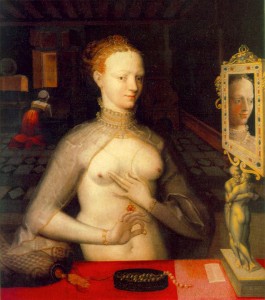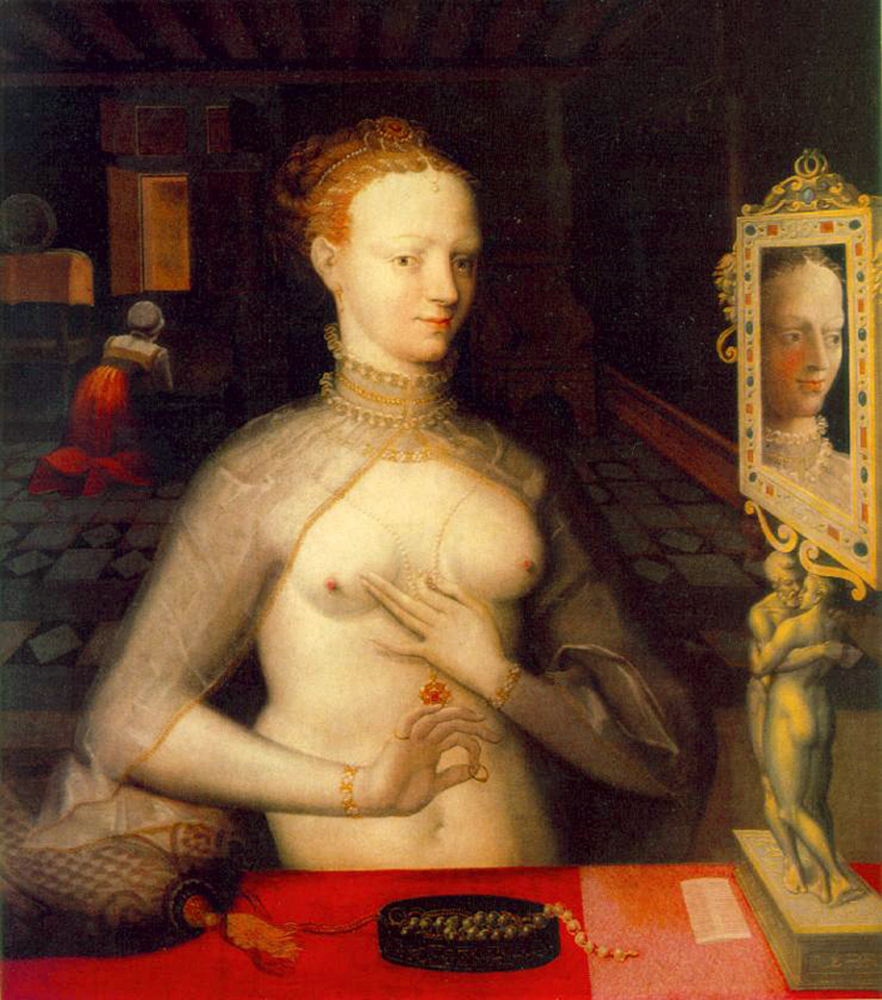On Wednesday 6 July 2016, Professor James Daybell (University of Plymouth) and Dr Kim McLean-Fiander (University of Victoria), co-directors of the British Academy/Leverhulme-funded digital humanities project ‘Women’s Early Modern Letters Online’ (WEMLO), will publicly launch their new online resource at the Faculty of History, University of Oxford.
 The project is major collaboration with the Mellon-funded Oxford-based project ‘Cultures of Knowledge’, Early Modern Letters Online (EMLO), Oxford’s Bodleian Library, and scholars at the universities of Leiden, Glasgow and the Huygens Institute in The Netherlands.
The project is major collaboration with the Mellon-funded Oxford-based project ‘Cultures of Knowledge’, Early Modern Letters Online (EMLO), Oxford’s Bodleian Library, and scholars at the universities of Leiden, Glasgow and the Huygens Institute in The Netherlands.
Based on Professor Daybell’s research over the past two decades, WEMLO is a meeting point and community resource for scholars of early modern women letter writers. Its incorporation into the well-established EMLO resource (headed by Professor Howard Hotson at the University of Oxford) brings with it the following enhanced features:
- users will be able to search for more women’s correspondence than ever before
- users will have the option to browse a women-only list of correspondents or to browse female correspondents alongside male ones
- users will be able to see at-a-glance statistics about women correspondents (number of female letter senders, recipients, people mentioned in letters, etc.)
- users will have access to a growing series of new catalogues of individual female correspondents (e.g., Lady Arbella Stuart, Lady Penelope Rich, Lady Anne Bacon, Lady Margaret Clifford, etc.) with many more in the pipeline in the coming months (e.g., Elizabeth Bourne, a Tudor poet and prolific letter writer; Sabine Johnson, a Tudor merchant’s wife; Lady Elizabeth (née Cooke) Russell, sister of Lady Anne Bacon; Bess of Hardwick, etc.)
- a WEMLO Omeka exhibition space that will continue to be developed in the coming months
Daybell and McLean-Fiander will talk about the history and aims of WEMLO and provide a demonstration of the resource that will highlight the new women’s catalogues and the new search features available for women’s correspondence in the EMLO catalogue.

